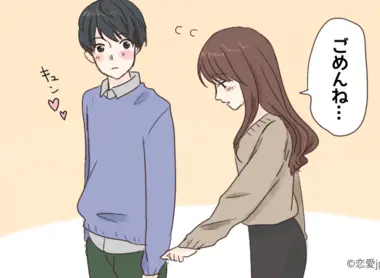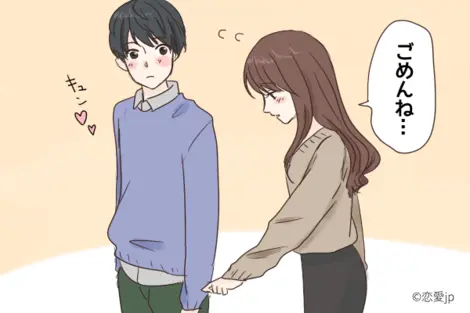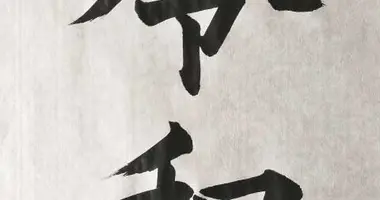Apologize in Japanese 日本語で謝る
- Publicado el : 19/06/2017
- Por : A.L.
- Youtube
Faites-vous pardonner
Les Japonais passent souvent pour le peuple le plus poli du monde. Si l'on en croit ce cliché, alors il ne sera pas un luxe d'apprendre à présenter ses excuses en japonais !
Sumimasen, the master key
If you only have to learn one word, learn that one.す み ま せ んsumimasen will serve you both to apologize , but also to address a passer-by to whom you will ask for directions. In this respect, it corresponds well to the English "Excuse me".
For example, you can learn the following sentence: sumimasen, eki wa doko desu ka? (Excuse me, where is the station?); a question that may save your day more than once!
Read : Politeness in Japanese
If you want to be forgiven, then a simple sumimasen will be enough, and if you accompany it with a slight nod and a contrite expression, that will be perfect! It could save you some inconvenience in a crowded subway if you step on your neighbor's foot.
For a slightly more polished variation that applies to something that happened in the past, we can also use す み ま せ ん で し たsumimasen deshita .
See : Akimahen, the guide to good manners
Gomen, a basic among friends
With friends or people of the same age and status , you can use ご め んgomen . This expression has many variations, among the best known: ご め ん な さ いgomen nasai (a little more polished but still familiar) or even ご め ん ねgomen ne (familiar and a little childish or feminine).
For example, you can use gomen if you are a few minutes late and have kept a friend waiting.
Read also : Thank you in Japanese
Warui, in the familiar register
Among friends, many Japanese will use the slang expression悪 い 、 悪 いwarui, warui! or 悪 か っ たwarukatta! in the past. Warui means "bad, wicked" and by extension "at fault, to be at fault". It is similar to the English expression " my bad ". In English, it could be translated as "I'm sorry, it is my fault!"
The ultra-polite apologies
As you would expect, there are also ways in Japanese to apologize in a very polite manner. We find expressions such as:
- 失礼 し ま し たShitsurei shimashita ("I was very rude")
- 申 し 訳 ご ざ い ま せ んMôshi-wake gozaimasen ("I have no excuse")
- ご 迷惑 め い わ く を か け て す み ま せ んGo-meiwaku wo kakete sumimasen ("I'm sorry for bothering you")
Sorry, anglicism
If you are not too versed in Japanese but speak English, you will also make yourself understood with a simple "Sorry". However, it is best to pronounce it the Japanese way: solii !



















